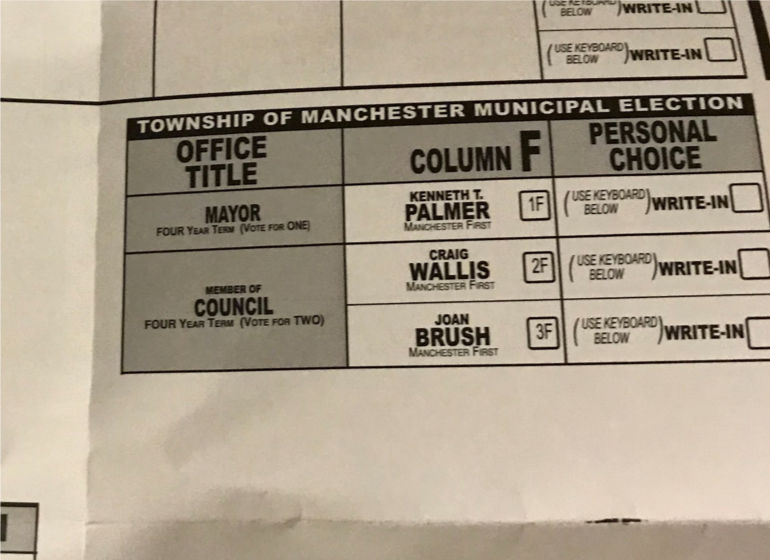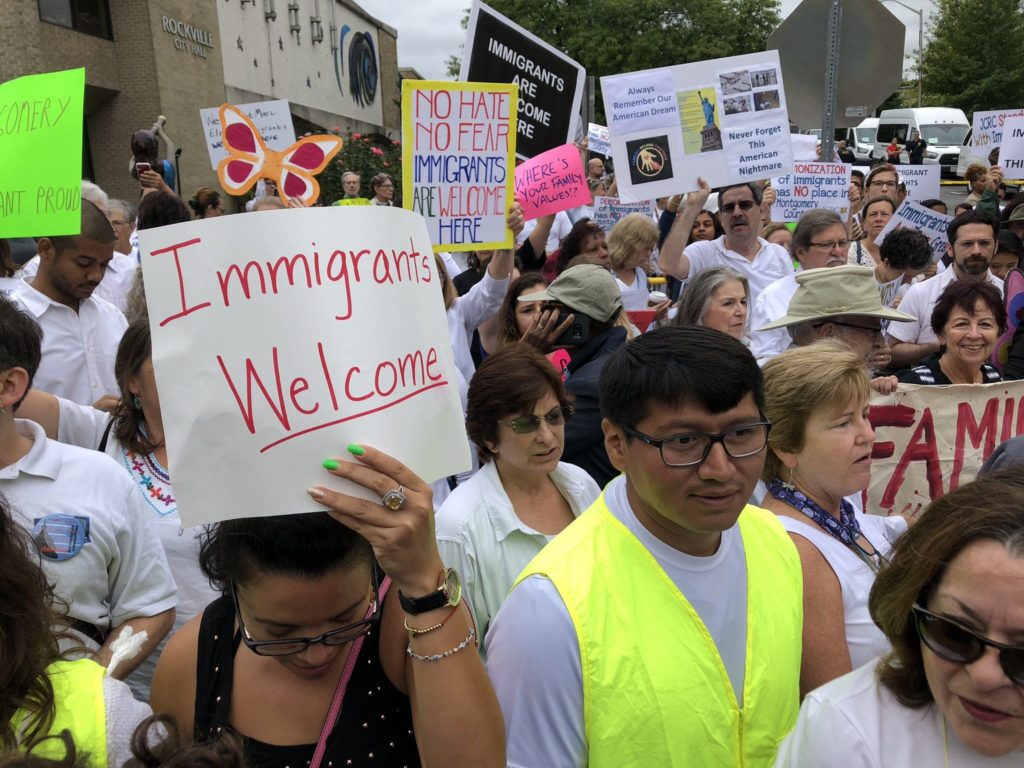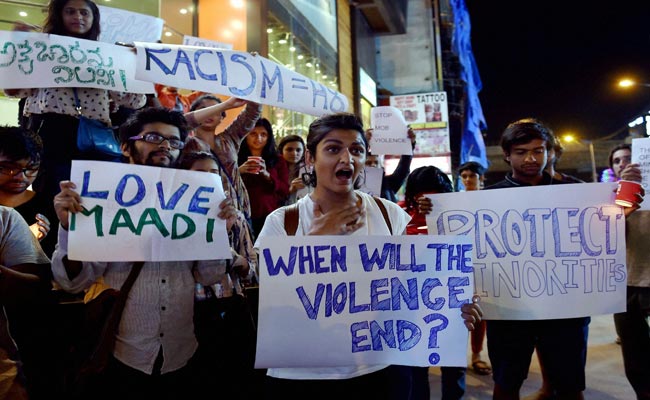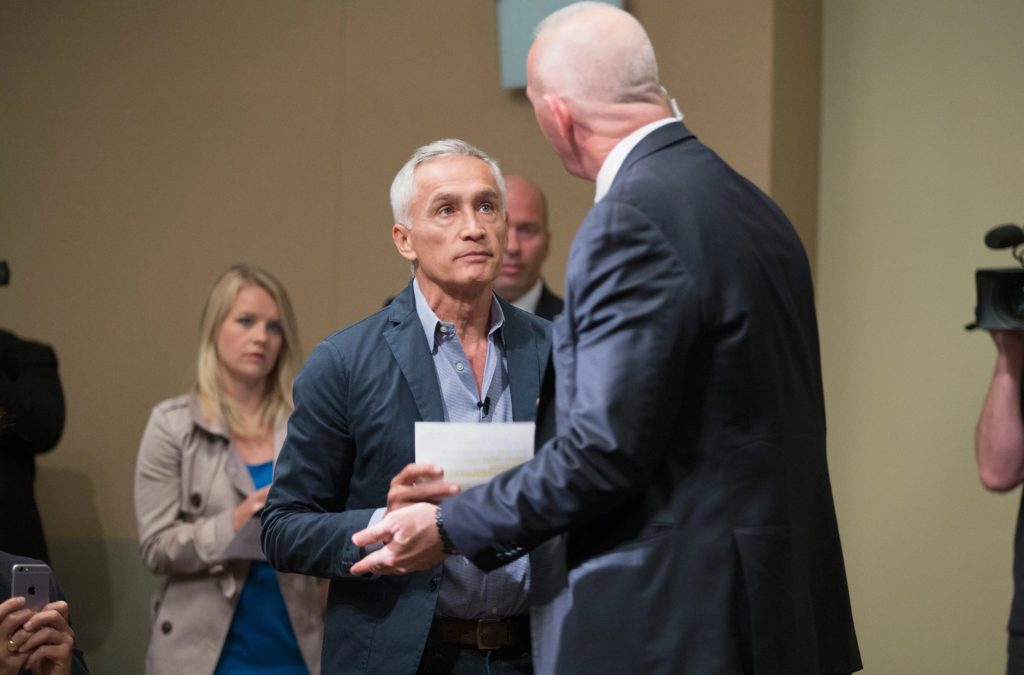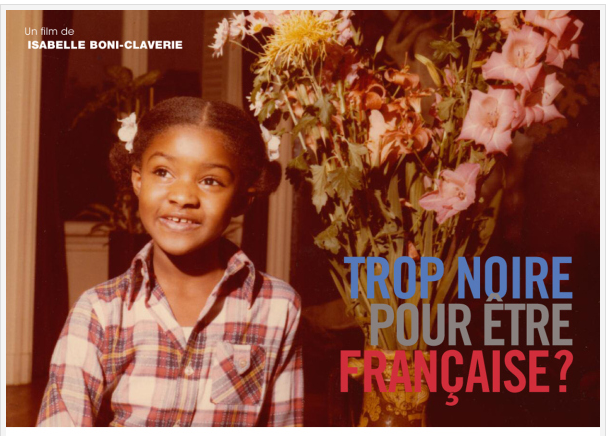
I moved from Europe to Baltimore more than 25 years ago. I came to develop a kind of chauvinistic attachment to this peculiar city. After all its nickname is Charm City. Baltimore is slavery, Jim Crow, segregation, post slavery. 2/3 of the city is black. The white establishment of the city and the state incessantly try to sweep under the carpet these elements of its past and present. A segregated city with liberal feelings, Baltimore developed as an industrial city in the 19thcentury with one of the most active ports in the United States. Certainly, the tensions from the industrial revolution to deindustrialization are colored by the stigmata of slavery, racism.
Baltimore got its international fame with the series The Wire described by its author David Simon as a “Greek tragedy for the new millennium,” in which institutions such as the police had increasing power with growing impunity, in part due to the lack of oversight from the state government which has controlled the Police Department since its inception. David Simon explained that the series showed “the triumph of capitalism over human value.” Nevertheless, Baltimore is a place of resistance and debate, a place where people are trying to imagine a sense of community despite class, gender, race/ethne systems that are part of the history of Baltimore and the United States.
On July 30th, the 45thpresident of the United States missed a chance to celebrate the 290th anniversary of the creation of the city of Baltimore, but he never misses an occasion to express his basic racism and xenophobic political ideals. His attacks on Baltimore particularly the Baltimore of Elijah Cummings, in short Black Baltimore (Cummings represents the 7thMaryland’s district, which encompasses over half of the city of Baltimore), is his latest strike on humanity. For a president who has made a career in reality shows, it is difficult to understand the true reality of an abusive system of police, justice, poverty and violence generated by a capitalistic society that reduces human dignity to a racialized, gendered determination of human value. The murder by police of Freddie Gray in the streets of Baltimore is one example. Why did Freddie Gray decide to run away from police? When people demanded justice for Freddie Gray, the entire city was punished. Remember, Baltimore is where Central Booking was invented, where the parallel economy of narcotics trafficking is a variable to undermine any emancipation of the Black community. But none of that was expressed by the president of the nation, because he is just president for the racist and xenophobic part of the population oblivious to its history.
There is a special spirit of resistance in Baltimore, as the day that followed the last presidential election reminded me. A bar near Penn Station, the train station of Baltimore, put a sign on the sidewalk saying: “Happy Hours, it’s a terrible day”. The sign was inviting in the bleak context of the day and the years to come to enter a nondescript place. The crowd inside was mainly Black and some White, the discussion was about resisting and the sense of solidarity was present.
Donald Trump was designated 45thpresident of the United States. He immediately demonstrated an unapologetic and nasty understanding of what wielding power means. His caricatural, white supremacist, misogynistic position is not new but as the president, he supposedly must have attempted to be the representative of the people of the United States, all of them. I am joking! His base is white, some are supremacist, other have simply grown up cajoled by the idea of the natural superiority of their race or their social position. His base and his financial and business supporters are now the only nation.
On this basis, he aimed at four women of color, duly elected members of Congress, Alexandria Occasio-Cortez, Rashida Tlaib, Ayanna Pressley, Ilhan Omar. The four congressmembers have been the target of outrageous utterances and threats coming from the occupant of the White House. He accused them of hating the United States, advising them to go back and help fix the totally broken and crime infested places from which they come. For clarity, three are American born and Omar came as a refugee when she was 11. These muckraking comments indicate that xenophobic, anti-feminist hatred is part of his campaign strategies for 2020, but beyond this is a sign of the desperate attempt to maintain white supremacy as well as the supremacy of the capitalist neoliberal system that has been under the control of the “non-representative” leaders of this world.
Instead of being vilified, the four women should have been applauded for their achievements, their commitment against oppression and marginalization. Their constant engagement against the villainy of the current immigration policies pushed by the president, the violence of the treatment of refugees. They should be an inspiration for anyone who thinks about representing a population.
Representation is at the heart of the current political tensions surrounding elections. These women were elected on a ticket that demanded health care not health insurance, respect for the dignity of asylum seekers, respect for women’s rights and for the principle of the law and justice.
Representation is a gendered and racialized battle field. When the leader does not obey the community, he (rarely she) commands the community in response to their votes. The struggle is global, the rise of extreme right intolerant voices has many causes; the responses should encompass the ideals of an open participatory democracy. This utopian vision is far from the reality in Baltimore and elsewhere in the United States. Black lives still don’t matter, women are still persecuted for wanting to decide when to be pregnant and keep their body safe, all that in the reality of climate change. Vested interests still manage the system of representation in the United States and in the globalized world. It’s time to end misrepresentation. In the United States, after this deadly week-end, we see once more that racist, xenophobic representatives entail xenophobic violence that leads to killing. End misrepresentation now.
/cdn.vox-cdn.com/uploads/chorus_image/image/64906856/1166035818.jpg.14.jpg)
(Photo Credit 1: Baltimore Sun / Julio Cortez / AP) (Photo Credit 2: Vox / Mario Tama / Getty Images)

